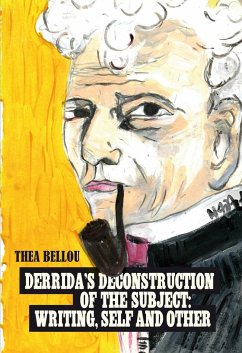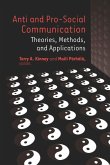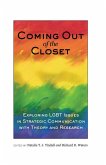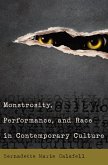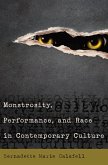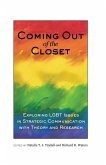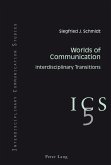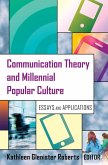Derrida is one of the most influential, controversial and complex thinkers. The book offers a critical evaluation of deconstruction by focusing on the problematic of writing, self and other in the thought of Derrida. It examines how these concepts relate to one another in order to analyse systematically the influence that the concept of alterity has had in deconstructing a certain idea of subjectivity in Western metaphysics.
Thea Bellou argues that Derrida's intellectual project is to examine the fate of irreducible alterity within Western metaphysics. Hence, the question of the other remained Derrida's most fundamental and constant intellectual engagement throughout his oeuvre.
The book starts with the early works of Derrida where his notions of alterity and writing are embedded in his engagement with phenomenology. It ends with the last phase of Derrida's work where he turns towards more concrete ethico-political situations, and increasingly adopts theological and messianic discourses, focusing on violence to the other, an 'other-orientated' notion of responsibility, and a 'futural' concept of democracy and politics.
Thea Bellou argues that Derrida's intellectual project is to examine the fate of irreducible alterity within Western metaphysics. Hence, the question of the other remained Derrida's most fundamental and constant intellectual engagement throughout his oeuvre.
The book starts with the early works of Derrida where his notions of alterity and writing are embedded in his engagement with phenomenology. It ends with the last phase of Derrida's work where he turns towards more concrete ethico-political situations, and increasingly adopts theological and messianic discourses, focusing on violence to the other, an 'other-orientated' notion of responsibility, and a 'futural' concept of democracy and politics.

